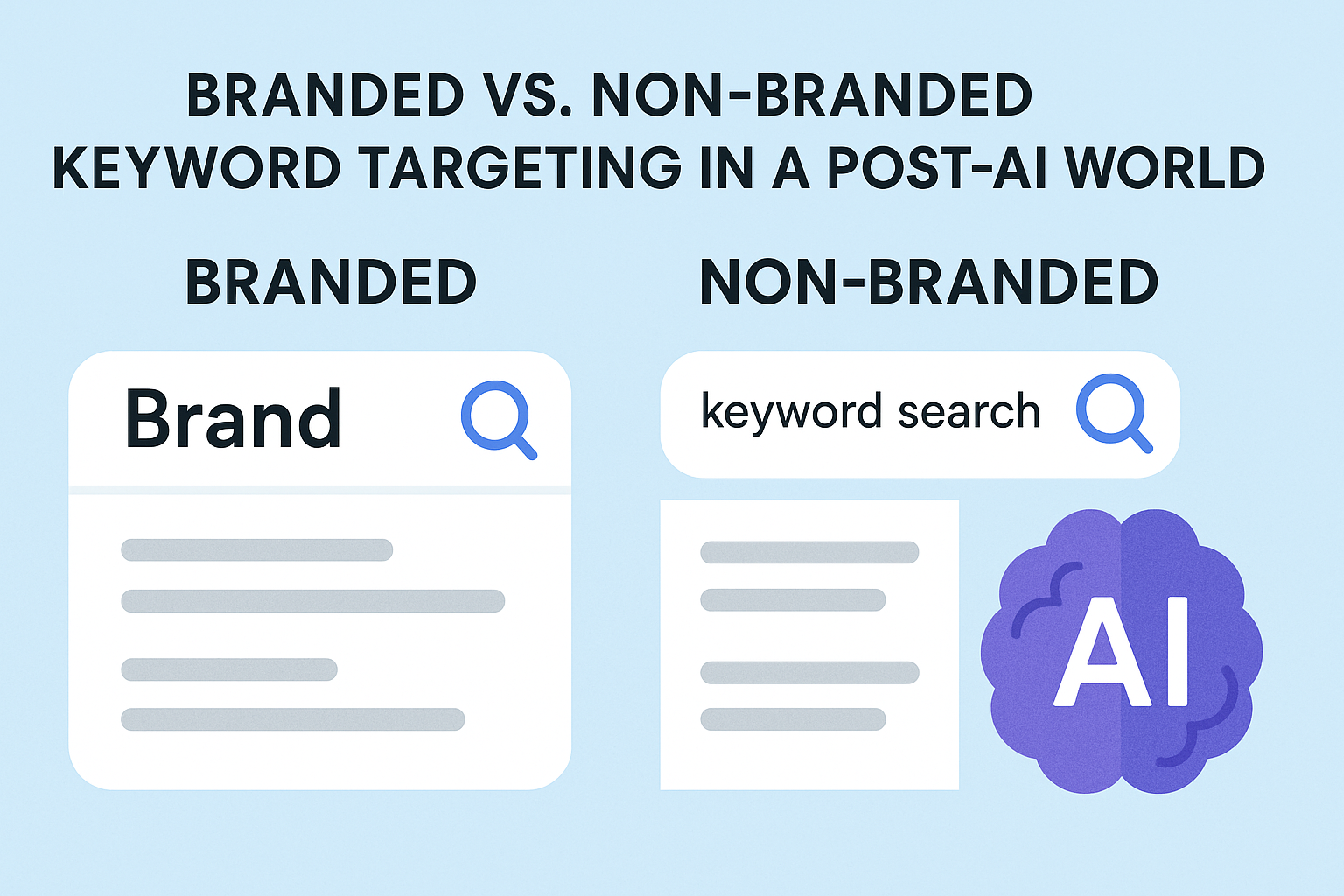Voice search is rapidly becoming a dominant force in shaping consumer behavior and evolving marketing strategies, especially as we approach 2025. With more users relying on virtual assistants like Cortana, Siri, Alexa, and Google Home, businesses need to rethink their SEO strategies to align with this growing search trend. This article delves into the power of voice search, its influence on SEO, and how businesses can optimize their content to stay ahead of the curve.
Understanding the Voice Search Revolution
Voice search technology allows users to search the internet using spoken queries. Whether it’s through smartphones, smart speakers, or other voice-activated devices, the popularity of voice search is skyrocketing. In the U.S., one-third of people own at least one smart speaker, and 41% of adults use voice search daily. Voice search’s convenience and speed largely drive this rise.
Voice search technology converts spoken words into data that search engines can process and respond to. The technology incorporates Natural Language Processing (NLP) and Artificial Intelligence (AI) to interpret user intent, often allowing for more conversational, longer search queries. This shift highlights the importance of optimizing content with natural language and long-tail keywords.
Why Businesses Must Adapt to Voice Search
As more consumers use voice search, it’s critical for marketing agencies and businesses to adjust their SEO strategies accordingly. Voice search queries are often longer, more conversational, and highly specific. For instance, instead of typing “Italian restaurant,” users are more likely to ask, “Where is the best Italian restaurant near me?”
For businesses, this means focusing not just on traditional SEO but also on how people speak. Failure to optimize for voice search can mean losing out on a growing pool of potential customers who rely on voice assistants for quick information.
How to Optimize Content for Voice Search
Adapting your content for voice search requires some key strategies to ensure your business remains visible in search results. Here are practical ways to optimize for voice search:
1. Embrace Semantic SEO
Shift from focusing purely on keywords to understanding the context and user intent behind search queries. Create content that answers users’ questions in a detailed yet concise manner, considering how people phrase their spoken inquiries.
2. Capitalize on Local Voice Search
Voice search is often location-specific. Keep your Google Business Profile up to date and ensure your business information is accurate and easily accessible to capture local “near me” voice search queries.
3. Use Natural Language Keywords
Incorporate conversational phrases and long-tail keywords that reflect how people speak. For instance, a user might say, “How do I fix my leaky faucet?” rather than “leaky faucet fix.”
4. Develop FAQ Pages
Creating FAQ sections on your website can help address common questions people ask. Structuring these pages in a question-and-answer format can boost your chances of appearing in voice search results.
5. Utilize Schema Markup
Implement schema markup (structured data) to give search engines more context about your content. This increases your visibility in search results and can help you secure a spot in featured snippets—often read out by voice assistants.
6. Optimize for Mobile
Since most voice searches occur on mobile devices, it’s crucial to have a mobile-first, fast-loading website. Ensuring your site is responsive and offers a seamless mobile experience will improve both your voice search and overall SEO performance.
7. Secure Featured Snippets
Featured snippets, also known as position zero, are prime real estate in voice search results. To increase your chances of capturing these snippets, structure your content to provide clear, direct answers to common questions.
The Benefits of Voice Search Optimization
Voice search optimization can offer businesses several competitive advantages:
1. Improved User Experience:
- Natural Interaction: Voice search allows users to interact with technology in a more natural and intuitive way.
- Hands-Free Convenience: Users can search for information without having to type, making it more convenient for on-the-go searches.
2. Increased Visibility:
- Higher Search Engine Rankings: Optimizing for voice search can improve your search engine rankings, as voice search queries often lead to long-tail keywords.
- Featured Snippets: Voice assistants often pull information from featured snippets. Optimizing your content for this format can increase your visibility.
3. Enhanced Customer Engagement:
- Personalized Recommendations: Voice assistants can provide personalized recommendations based on user history and preferences.
- Faster Answers: Voice search can provide quick and accurate answers to user queries, leading to a more satisfying customer experience.
4. Business Growth:
- Increased Conversions: Optimizing for voice search can lead to more website traffic and conversions.
- Competitive Advantage: Businesses that are ahead of the curve in voice search optimization can gain a competitive advantage.
5. Accessibility:
- Improved Accessibility: Voice search can make it easier for people with disabilities to access information.
6. Data-Driven Insights:
- Valuable Insights: Voice search data can provide valuable insights into user behavior and preferences.
7. Local SEO Benefits:
- Local Optimization: Voice search is often used for local searches. Optimizing for local SEO can help businesses reach their target audience.
8. Mobile Optimization:
- Mobile-Friendly Content: Voice search is often used on mobile devices. Ensuring your content is mobile-friendly is essential for voice search optimization.
9. Natural Language Processing:
- NLP Integration: Voice search relies heavily on natural language processing. Optimizing for NLP can improve your content’s relevance.
10. Future-Proofing:
- Staying Ahead: Voice search is a growing trend. Optimizing for voice search can help your business stay ahead of the curve.
11. Enhanced Customer Service:
- Faster Responses: Voice search can enable businesses to provide faster and more accurate customer service.
12. Brand Awareness:
- Increased Visibility: Optimizing for voice search can increase your brand’s visibility and awareness.
13. Improved Content Marketing:
- Targeted Content: Voice search can help you create more targeted and relevant content.
14. Enhanced User Experience:
- Simplified Interactions: Voice search can simplify interactions with your website or app.
15. Increased Efficiency:
- Time-Saving: Voice search can save users time by allowing them to quickly find the information they need.
16. Improved Customer Satisfaction:
- Positive Experiences: A positive voice search experience can lead to increased customer satisfaction.
17. Increased Engagement:
- Active Participation: Voice search encourages users to actively participate in the search process.
18. Improved Accessibility:
- Inclusive Design: Voice search can make your content more accessible to a wider audience.
19. Increased Trust:
- Reliable Information: Voice search can help you establish your brand as a reliable source of information.
20. Future-Proofing:
- Adaptability: Voice search is a rapidly evolving technology. Optimizing for voice search can help your business stay ahead of the curve.
By optimizing your content for voice search, you can improve the user experience, increase your visibility, enhance customer engagement, and drive business growth.
Conclusion
As voice search continues to evolve in 2025, businesses must stay proactive in adapting their SEO strategies. The shift towards more conversational, intent-driven queries highlights the importance of natural language optimization, local SEO, and mobile responsiveness. By preparing now, businesses can position themselves to capture new opportunities and stay competitive in the voice-first era. Search Engine Cage is here to help you navigate these changes and ensure your SEO strategy thrives in the evolving landscape of 2025 and beyond.

The Search Engine Cage team is on a mission to educate entrepreneurs. We make things easier for the small business owner, by writing articles that help them to understand SEO and Digital Marketing.







